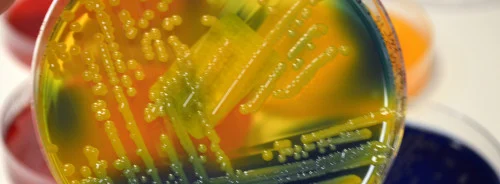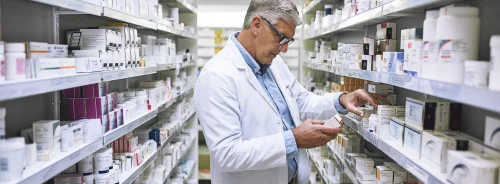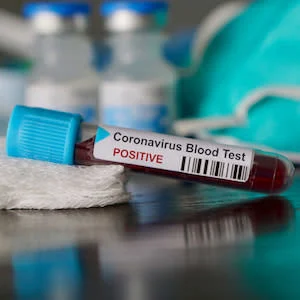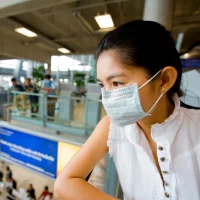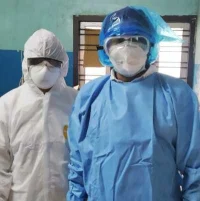Healthcare workers can be protected during the COVID-19 coronavirus outbreak with the application of proper infection control measures, an example from Hong Kong shows.
You may also like: 3-step 15sec hand-rubs reduce infection & improve hygiene compliance
A recent study (Cheng at al. n.d.) from a research team at Queen Mary Hospital in Hong Kong, described the infection control preparedness for COVID-19 disease in Hong Kong in the first 42 days after the Chinese authorities’ announcement on pneumonia cases on 31 December 2019 (day 1).
The
researchers implemented a bundle approach of active and enhanced laboratory
surveillance, early airborne infection isolation, rapid molecular diagnostic
testing, and contact tracing for healthcare workers with unprotected exposure.
The
results show that in the six-week period, 1,275 suspected cases were
tested and 42 (3.3%) active confirmed cases of COVID-19 were treated in Hong
Kong. The
number of locally acquired cases significantly increased over time: from 1 of
13 (days 22 to 32) to 27 of 29 confirmed case (days 33 to 42), ie from 7.7% to
93.1%. Of those, 28 patients (66.6%) came from 8 family clusters.
At the same time, out of 413 healthcare workers involved in
treating confirmed cases none contracted the disease, and nosocomial transmission of the
coronavirus was not observed. 11 healthcare workers (2.7%) were exposed
to the virus, which required their quarantine for 14 days; none of them was
infected.
Immediately after the first pneumonia cases in Wuhan had
been reported, Hong Kong's 43 public hospitals enhanced infection control
measures including factors like visits to hospitals in mainland China in their
screening criteria. If a patient was identified as infected with the
coronavirus, they were immediately isolated.
Other measures implemented in each hospital included training
on the use of personal protective equipment, informing and educating personnel
on infection control, and regular hand-hygiene checks. Healthcare workers
performing aerosol generating procedures on any patient were obligated to use
of personal protective equipment. The authors of the study highlighted that increased
hand hygiene, wearing of surgical masks in the hospital, and appropriate use of
personal protective equipment were the appropriate infection control measures to prevent hospital-acquired
infections with COVID-19.
As part of the study, the researchers collected and analysed environmental
and air samples taken from a patient with a moderate level of viral load of
coronavirus. The virus was detected in 1 of 13 environmental samples, but not
in 8 air samples collected at a distance of 10 cm from patient's chin with or
without wearing a surgical mask. The results suggest that environmental
transmission may play lesser role in spreading the disease than person to
person transmission.
References
Cheng V et al. (n.d.). Escalating infection control response to the rapidly evolving epidemiology of the Coronavirus disease 2019 (COVID-19) due to SARS-CoV-2 in Hong Kong. Infection Control & Hospital Epidemiology, 1-24.
Source: EurekAlert
Image credit: iStock


